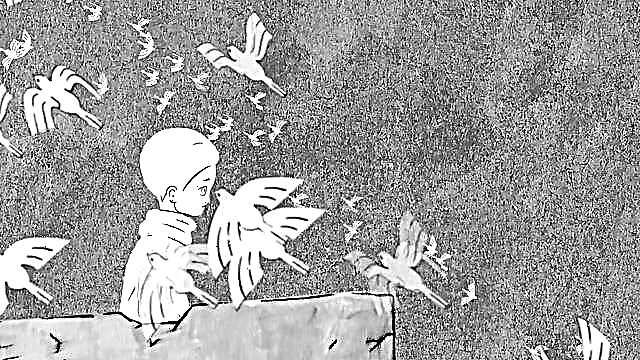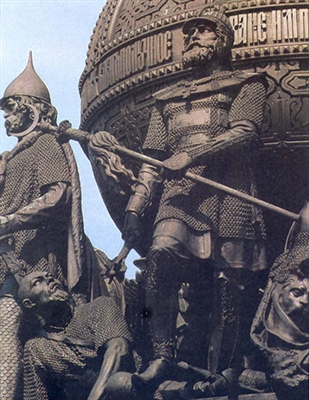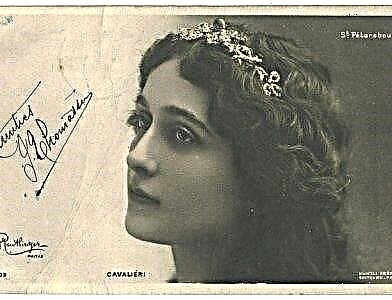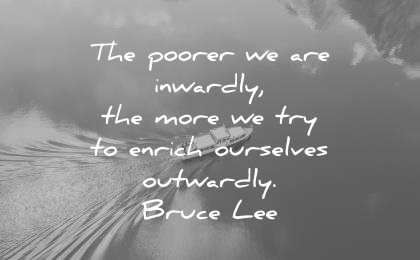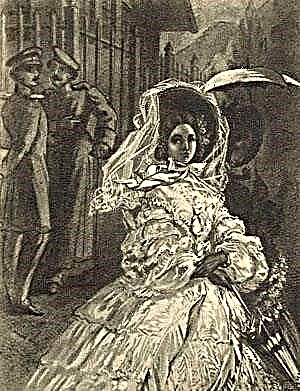The winner of the 11th season of the TV show “Battle of psychics” Vitaly Gibert released a book several years ago in which he said that he did not believe in psychics. It turns out some kind of oxymoron, right? The psychic does not trust psychics. Before reading, I thought. Here Gibert, of course, well done, you can’t say anything, set up his fellow magicians, revealed all the cards. But then another thought arose. What, then, can be a book with that title (Modeling the Future)?
What is this book about?
At first glance, it’s very strange for the critical mind to evaluate a work from the “esoteric” section. Because even the average reader understands that in this area communication is built from the perspective of emotional arguments. As a rule, there are no real facts there. Nevertheless, it is necessary to understand with the help of what verbal tricks the author attracts readers. So much so that it becomes, in the end, the winner in two categories of the Runet Book Prize.
What is surprising?
There is no future, it is changeable ... Life is like a film. You can always press “stop” and change the tape to a more pleasant one.
Fans of the show “Battles of psychics” and those who are accustomed to rely on fortune-tellers in difficult situations were most likely shocked by such a statement. Yes, information from the mouth of a psychic is somewhat paradoxical. But not new. The Indian philosopher Osho wrote many books about this a few decades ago. But in any case, the categorical nature of Hibert's judgment is not subject to scientific proof. But the reader can bribe the deliberate simplicity of such a life philosophy.
What repels?
Religious premises may confuse some readers. After all, atheists are sometimes found among fans of esoteric reading. Appeal to God is not the best way to defend one’s own position.
What is alarming?
Another argument is supposedly real events from the life of Gibert. In order to convince readers that the power of thought does real miracles, the author gives the story of a girl who defeated cancer in the last stage. The most impressionable person will want to read the book to the end and find out a magical recipe from all troubles. An inquisitive reader will begin to look for real appearances and passwords. He will be interested to look at this nameless heroine. But something tells me that he is unlikely to ever find her.
Copyright tricks
- Confidence Communication. “Throw out this book and decide that this is just another nonsense from the realm of science fiction - and I respect your choice. You are free and entitled to do what you want. Just try ... ". Gibert is trying to side with the audience, to predict her reaction. If the author puts down his arms, the curtain of mistrust and the level of critical thinking will automatically drop from the readers.
- Dialogue with the reader. Throughout the book, Gibert makes contact with the audience through interrogative sentences. “But does it matter what they think of you?” Is this your road? Is this your man? ” One of the methods of psychological communication is the formulation of competent questions. So psychologists are trying to redirect a person in the right direction.
- Titles of chapters. "Only you are the key to your happiness." "The world created by you." “Trust the wind of freedom.” "Five leaps to success." “Millions of people do it.”. After such slogans it is difficult to start doubting that you are not a superman. Especially when life is not so smooth. The potential audience of this literature is people who have faced life's difficulties. In this position, the book of Gibert is the personification of a straw for a drowning man. Grab it - I don't want to.
- A repeat of the same thought. From page to page, from chapter to chapter, Gibert carries one and the same thought, transformed into various synonymous word combinations. “My whole life is the result of my thoughts and actions in the past.” "Change your mindset." “Everything is absolutely everything! - in your hands…". "You can control reality." "The whole world begins, first of all, in your head - with your thoughts about it." Repetition is the mother of learning. By the end of the reading you will surely feel like a guru of enlightenment.
- Elements of positive psychology. I have already mentioned that Gibert uses some psychological methods in his book. All author’s rhetoric can be reduced to the foundations of positive psychology. Subjective feeling of happiness. A positive outlook on the world. The ancestors of these ideas were the followers of humanistic psychology Abraham Maslow, Karl Rogers and others. Today, books based on positive psychology are becoming bestsellers of sales. “Think and Grow Rich” by Napoleon Hill, “How to Stop Worrying and Start Living” by Dale Carnegie, “Rich Dad, Poor Dad” by Robert Kiyosaki and others. Say what you like, but people are inspired by fairy tales in reality. They are ready to give any money for universal recipes for achieving well-being. Demand creates supply. Everything is simple. Gibert only picked up the general trend.
- Appeal to own experience. When the author of a book shares his story with readers, then, on the one hand, it brings them together. On the other hand, it is repulsive, since one must understand that the author's truth is known only to him alone. It can easily turn out to be fiction.
- Competent design. Cover is an essential element of a book (as a commercial product). The image, font, and inscriptions on the peel can attract a potential reader. What do we see? "The choice of Runet users." For the modern reader, such an inscription is more than authoritative. “Remember, only you make reality what it is”. Gibert in one second increases our own significance in our own eyes. A feeling of omnipotence, which may be absent in real life.
- Simple language. Targeting an average audience. A minimum of complex phrases. Maximum emotional expressions in the form of simple designs. Such written speech is easier to read because it is adapted to spoken language.
Today, on the shelves of bookstores, thousands of books that in absentia give people hope for a revolution in their consciousness and life. The task of readers is to scan each page read and filter copyright ideas. Only in this way we can not drown in the ocean of useless information.





